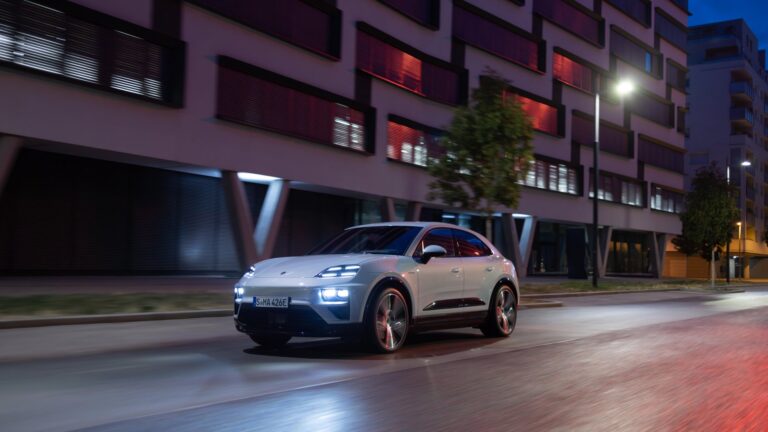Sources: 
Porsche Engineering has introduced a pioneering AC battery concept that consolidates multiple vehicle power components into a single, AI-driven unit. This innovation merges the battery management system, inverter, low-voltage DC-DC converter, and onboard charger, controlled by a
standardized control unit with a powerful, real-time computing platform.
The integration aims to enhance efficiency and reliability by leveraging artificial intelligence to process vast sensor data streams that traditional software cannot handle. AI algorithms enable
early detection of implausible battery behavior and analyze the balancing of individual cells and the entire battery during development.
"
Preventive anomaly detection uses intelligent algorithms to identify changes in battery behavior from online data, with anomalies analyzed and evaluated in the cloud," according to Porsche Engineering. This real-time monitoring and analysis promise improved safety and performance for electric vehicles.
The AC battery concept represents a significant step forward in electric vehicle technology by unifying critical powertrain components and embedding AI-driven diagnostics, potentially setting new standards for battery management and vehicle energy systems.
Key quotes:"Artificial intelligence (AI) has become an indispensable tool, especially for complex systems in a network, such as the battery-electric energy storage system."
"AI supports developers in detecting implausible behavior within a battery."
Stats and features:- Integration of battery management system, inverter, low-voltage DC-DC, and onboard charger into one component
- Real-time capable computing platform
- Cloud-based anomaly analysis
This breakthrough highlights Porsche Engineering's commitment to advancing electric vehicle technology through AI and system integration.
Sources: 
Porsche Engineering has unveiled an innovative AC battery concept that integrates battery management, inverter, DC-DC converter, and onboard charger into a single unit. Powered by real-time AI algorithms, this breakthrough enhances anomaly detection and optimizes battery performance through advanced sensor data analysis.
